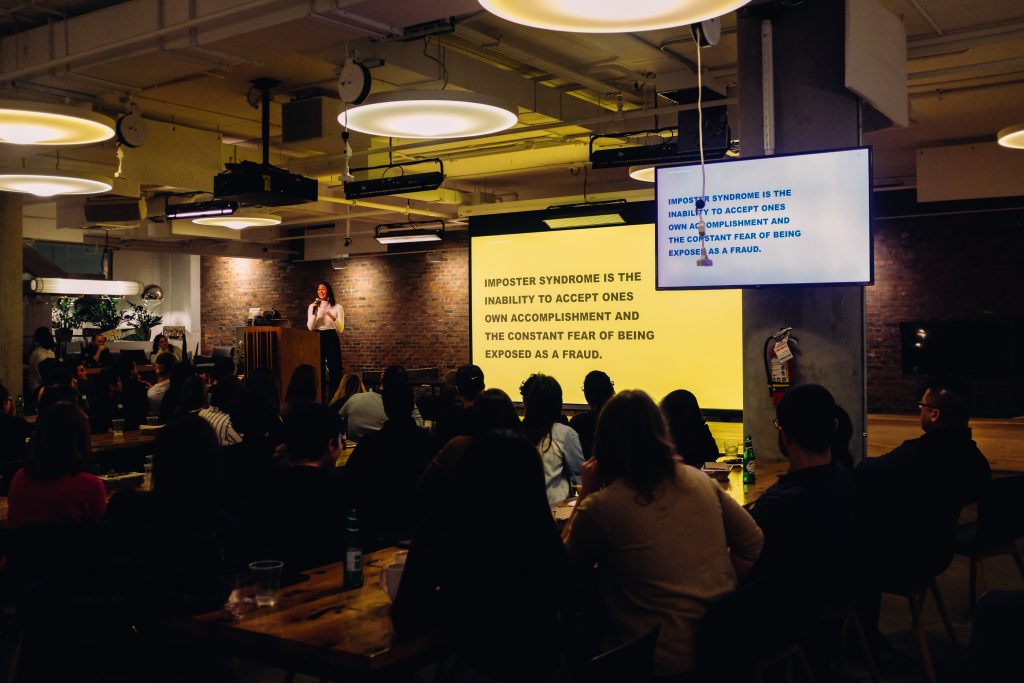
While there are countless articles and blog posts out there that cover the basics of studying (you know, time management, procrastination, etc.), there are far fewer that cover more advanced topics.
Specific note-taking methods (e.g. Cornell, charting, mind mapping, etc.), speed reading, and memory enhancement are all areas in which more advanced students should place their focus.
Utilizing such techniques and methods can take your study routines to another level (and increase your mental performance in general – both in the classroom and in the real world).
Below we go into detail about each of the topics we mentioned above. Mind mapping, advance note-taking skills, and reading optimization techniques are all covered in the below sections. We will talk about some effective learning strategies like gamification, social learning, and story-based learning.
Whether you’re cramming for your first college exam or preparing for an important educational milestone, the tips posted below will help you learn better, study more effectively, and operate at a higher level.
Table of Contents
Mind Mapping for Optimized Information Processing
Mind mapping has experienced a massive increase in popularity over the past few years, but what exactly is it? How do mind maps work? Below we cover everything you need to know about the basics of mind mapping (as well as how it can be beneficial to your study routine).
Mind maps serve as a visual display of a complex idea (or set of ideas). The reason that mind maps work so well is that they’re able to simplify complex topics into easily digestible pieces of information laid out in a visual manner.
One of the main reasons why mind mapping can be a game-changer is that it’s the complete opposite of traditional note-taking. When a student takes not in a traditional manner, they’re usually doing so in a very linear (and boring) format. Mind mapping flips traditional note-taking on its head, which increases your brain’s engagement with the material.
However, mind mapping certainly isn’t just limited to note-taking. You can create mind maps for an endless amount of reasons (e.g. jotting down ideas, brainstorming, forming a schedule, etc.). These are just a few examples. The fact of the matter is that the possibilities when it comes to creating mind maps are nearly endless. If you’re looking to simplify a complex topic, mind mapping should be one of your main methods.
Other Note-Taking Methods
There are several other popular note-taking methods beyond mind mapping. Examples include the Cornell, outline, and charting methods. All of them utilize somewhat different formats, and all of them work to enhance your current (traditional) study methods.
The Cornell method features a simple format (where you divide the paper into two sections – with one side being used for key terms/topics and the other being used to expand on those terms).
Charting, as a note-taking method, involves creating a basic type of “spreadsheet,” and then filling in the various rows/columns with data. People who are more analytical might benefit from this type of method.
The outline method, as the name implies, involves creating a general outline of whatever topic you’re taking notes on. What separates this from other methods, is that it makes use of a numbering system (to identify topics of importance).
Story-Based Learning

We all relate to concepts much better when someone tells us a story about something. Think about how the Bible or any other religious text book uses stories to pass on the importance of morality and doing good. The same concept of story-based learning is used by instructional designers and educators globally to teach students simple to advanced concepts in a more relatable way.
“Sometimes reality is too complex. Stories give it form.” – Jean Luc Godard
A good and effective story-based learning will not give away that it’s a learning intervention at all. Think about the entire millennial generation learning about pollution through the hugely popular cartoon back in the 1990s, Captain Planet. There was fiction, yes, but the core concepts were passed on in a story. Peppa Pig, a hugely popular cartoon show running now passes on the message of goodness in a similar way.
Story-based learning does another thing very effectively – takes away the boredom from learning. The learning is interesting, relatable, and at the end of the day the concepts are passed on without conscious ‘studying’.
Various different stories are available on YouTube and other blogs which cover topics ranging from moral science to English to maths and physics.
Social Learning

Social learning is an age old time tested method of advanced studies. Over the years, the very concept of social learning has been digitized in various different ways.
Take for instance webinars, where multiple students can join a virtual room to listen to a teacher or expert speak about a topic. They can then chat and exchange notes to discuss the topic with or without the teacher.
There are Massively Online Open Courses (MOOCs) on various different platforms which offer similar but more advanced digital solutions such as webinars and peer-to-peer learning and online assessments and peer evaluations to enable a digital social learning allowing students globally to connect and learn together.
Much like student groups taking turns studying at each other’s homes, there are online study groups as well, some even on Facebook which allows students to connect, pass notes, answer queries, and even reach out to teachers available on the groups for quick real-time online connects.
Coursera, Udemy, edX are learning platforms that offer students free online social learning subjects from reputed universities online for advanced learning. These are platforms that offer MOOCs and also provide certificates from international universities like Stanford, Yale, and Harward for a fee on passing an online assessment.
Gamification
Gamification allows for application of learning in a safe environment. This not only helps retain knowledge but depending on the game design, it can also help students learn through implications of incorrect decisions.
Imagine learning about heat and pressure and then trying the concepts in the kitchen using a pressure cooker. Sounds dangerous? Well, if the kitchen is digital, then? Let the pressure cooker blow and you know you shouldn’t do that in real life!
There are various different learning games available online for various different concepts for students. Little Alchemy, a Google game lets students create different things starting with the very basic – air, earth, fire, and water. Making the game fun, students can also create fictional concepts such as zombies and unicorns at advanced stages.
Reading Optimization + Online Resources for Enhanced Study Sessions
When it comes to getting the most out of your studying, one of the easiest ways to instantly add value to your routine is by going on the internet for tutoring/homework help. Students can choose a homework helper online as well as other online educational resources to add some immediate value to their study sessions (via online tutoring/homework help).
Another very important aspect that all students should work on improving is their reading abilities. Most students either don’t know how to optimize their reading (and writing), or they simply aren’t interested. Little do they know that optimizing both their reading and writing skills could have a major impact on how well they study, learn, and operate as students.
Luckily, increasing one’s reading ability isn’t as hard as it might sound (it does take some amount of effort, though). One of the major benefits of improving your reading ability is how your memory also improves at the same time.
Having an increased level of recall is obviously super important in college (or any education level), and optimizing the way you consume information (through reading) is one of the best ways to rewire your brain’s neural networks (related to recall and memory).
Using the tips and methods will take your study routine from average to excellent. If you’re looking to increase your understanding of any topic, you’d be wise to employ at least some of the strategies covered above.
Todd VanDuzer
Latest posts by Todd VanDuzer (see all)
- Why Finding the Right Thing to Study Matters: Setting the Foundation for Success - July 26, 2023
- How USA Staff Onboarding Benefits From Innovative Software - July 26, 2023
- Top 7 Best Reasons to Get an MBA - June 7, 2023
- How to Support Your Child When They Go to College - April 29, 2023
- How to Maximize Your Job Search with Expert Resume Writers Experienced in Your Field - April 20, 2023
